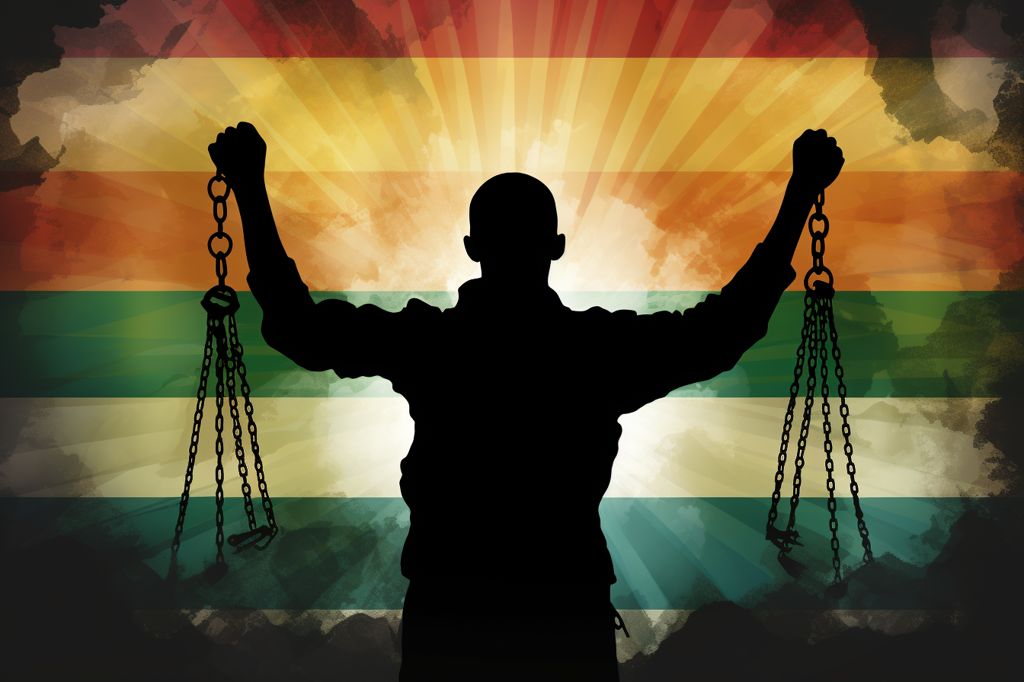The United Arab Emirates (UAE), as the COP28 Presidency-designate, has appointed South Africa’s Minister of Forestry, Fisheries, and the Environment, Barbara Creecy, and Denmark’s Minister, Dan Jørgensen, to co-facilitate discussions at a political level on the Global Stocktake (GST) of the United Nations Framework Convention on Climate Change (UNFCCC).
South Africa’s Role in the Climate Change Negotiations
South Africa’s appointment to the role of co-facilitator reflects its instrumental role in the development of the multilateral process for addressing climate change. South Africa played a crucial role in the adoption of the Paris Agreement and continues to support its implementation phase, demonstrating its commitment to the global climate agenda.
The Role of Creecy and Jørgensen in the GST Process
Creecy and Jørgensen will engage with a diverse range of parties, groups, and constituencies to understand their perspectives on the critical elements of the GST outcomes. They will report their findings to the UAE ahead of the United Nations General Assembly (UNGA) in New York in September 2023. The UAE will guide the international community towards a successful GST outcome at COP28 through a ministerial meeting.
Significance of the GST Process
The Global Stocktake (GST) is the primary mechanism under the Paris Agreement for assessing collective challenges and opportunities in implementing the agreement. Its purpose is to inform parties preparing their next nationally determined contributions and to enhance international cooperation. The GST aims to cover all aspects of the convention, including mitigation, adaptation, and enabling means of implementation and support for developing countries.
The Importance of Transformational Change
Transformational change is required to effectively address climate change, backed by the best available science and on-the-ground realities from around the world. The GST is the key moment for facilitating discussions, focusing on stocktaking and setting the direction for enhanced climate action at the collective level. The process is facilitative, non-punitive, and collective, ensuring that all stakeholders work together to tackle this common threat.
South Africa’s Negotiating Role
The appointment of Creecy and Jørgensen does not affect South Africa’s role in climate negotiations. The country is set to develop its negotiating mandate by the third quarter of this year, informing its position in the negotiations alongside fellow negotiators in the African Group and the G77 plus China.
Promoting International Cooperation
The collaboration between Creecy and Jørgensen in the lead-up to the GST signifies a commitment from both developed and developing nations to drive forward ambitious climate action. As the world faces the mounting impacts of climate change, this partnership highlights the importance of international cooperation and shared responsibility in addressing this global challenge.








